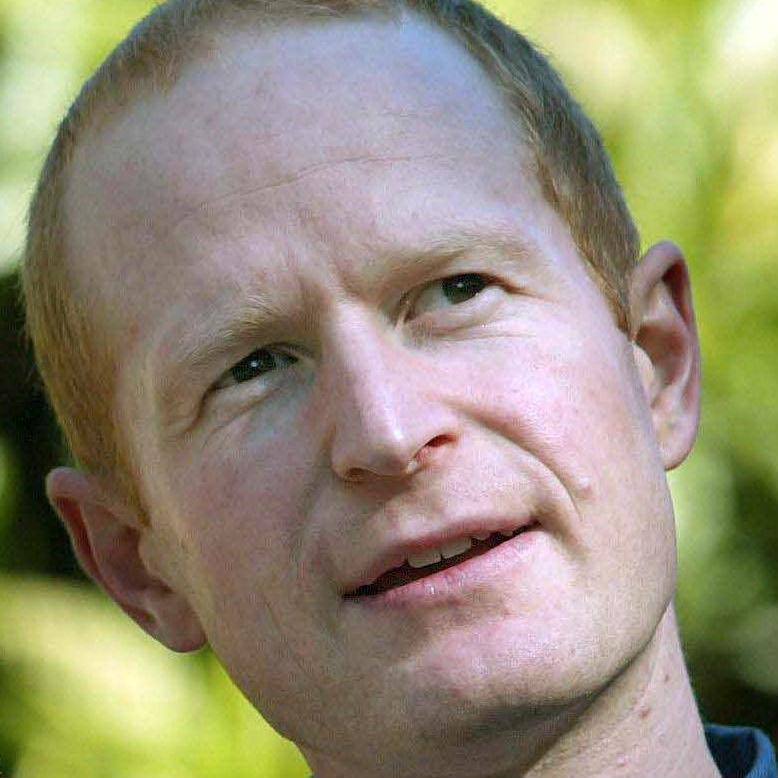Als donorkind kun je op meerdere plekken op het web terecht voor lotgenotencontact. Belangrijk voordeel is, dat er geen landsgrenzen zijn en dat er in internationale groepen hele intelligente en welbespraakte ‘donor conceived individuals’ zitten. Damian Adams is een van hen. Ik vind onderstaande verhandeling van zijn hand, met de titel ‘Diblings’, buitengewoon sterk en verhelderend. Je kunt hem op zijn site lezen, maar nu ook hier. Dank je wel, Damian. Thanks for sharing your thoughts with the world, and allowing me to publish it here on my website.
Diblings
Recently I came across the term diblings. Diblings was used as a term to describe siblings (half or otherwise) that would exist in other families as a result of donor conception. For example two families used the same sperm donor making the children technically half-siblings. So these would be termed donor conceived siblings or diblings.
So here we have an example of people creating a term to replace a perfectly good word that describes the situation accurately. Half-siblings are what they technically are. Some argue that the term “half” is rather demeaning and that they are just siblings. Either way those pre-existing terms describe the biological relationship between those people accurately.
So why create a new term? It is not cute. It even sounds like dribblings – as if they are dribbling. All it does is try to further devalue the significance of the relationship. If we were to acknowledge that they are indeed siblings or half-siblings then that might make people feel bad about them not growing up with or ever knowing each other.
It is analogous to how some people in the donor conception triad (recipient parents, donors, offspring) or even society itself, refuse to acknowledge that the donor is indeed the child’s father. Of course they are a father, they begot the child, which was the original meaning of the term. But because some were worried that the raising male parent might feel put off by this, they had to be called father too, and subsequently the definition of father changed over the years to reflect this change. By not acknowledging that the donor is indeed a father and the father of that child, it makes it easier to justify the separation and the lack of contact/interaction. Because if we did not know the circumstances of that child’s conception and someone informed you that the child grew up never knowing their father, of course you would think that that was tragic. But when we are informed the father was a sperm donor all of a sudden it becomes acceptable.
Sure the raising male parent acts as a father and does all those things a father should do (and no doubt in many instances does an amazing job), which meets one of the current definitions of father, but by another definition the donor is a father to that child as well. We need to stop trying to rebadge things to make ourselves feel better about our choices but acknowledge them for what they truly are.
A donor conceived person will love their parents for who they are, not what label has been attached to them. Nor should they have the relationship with their biological father devalued by stating that he is not their father. And so too by extrapolation a donor conceived person should not have their relationship status with their siblings or half-siblings trivialised to a dribble – oops I mean dibling.




